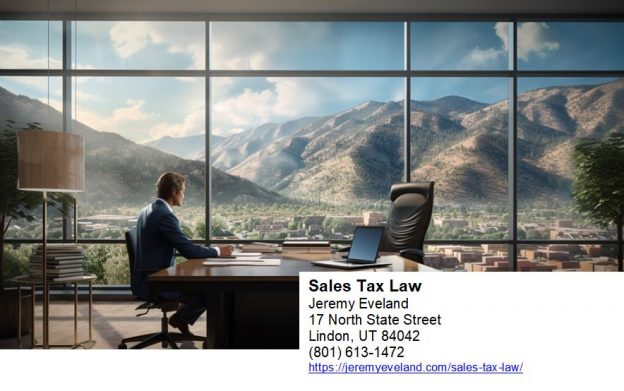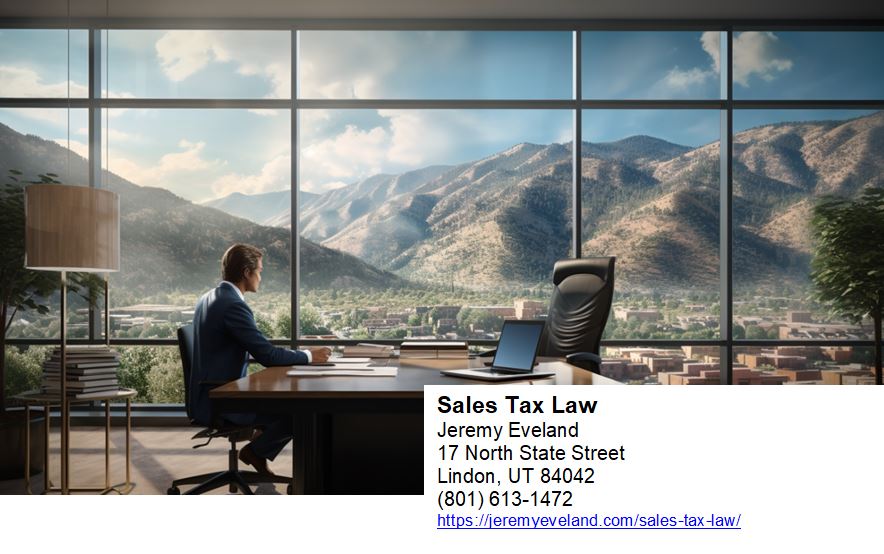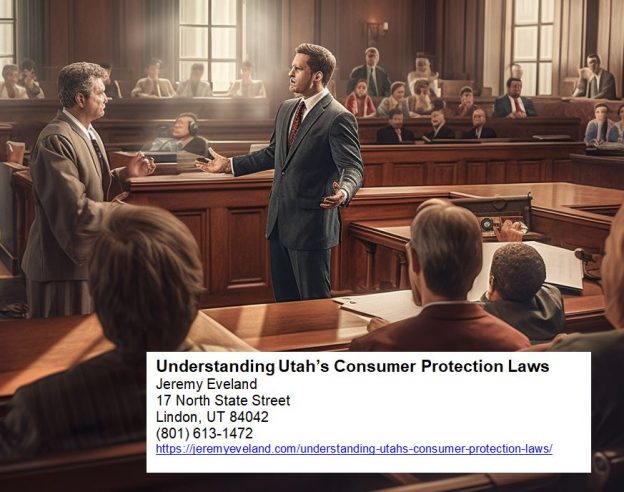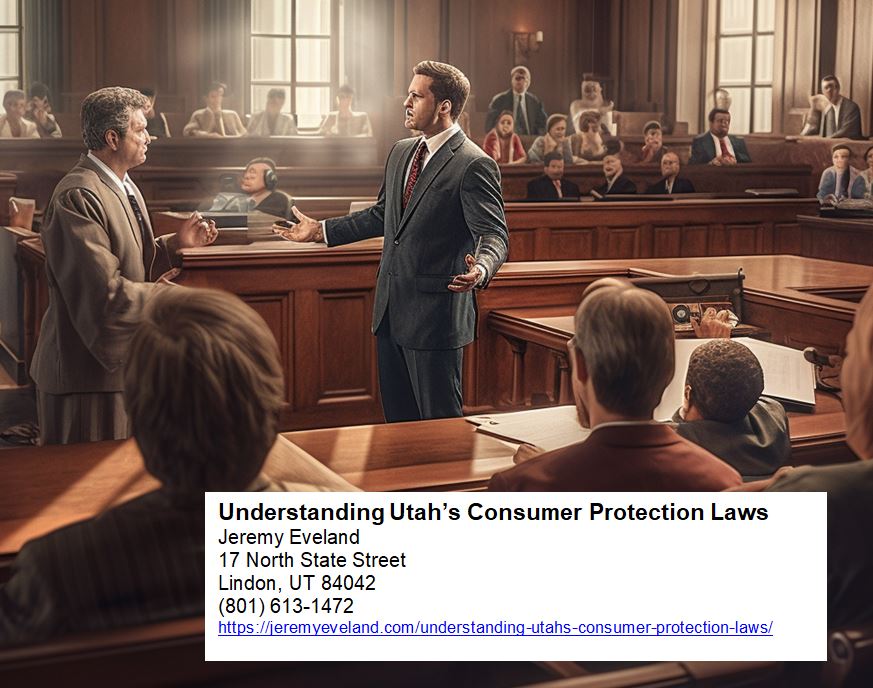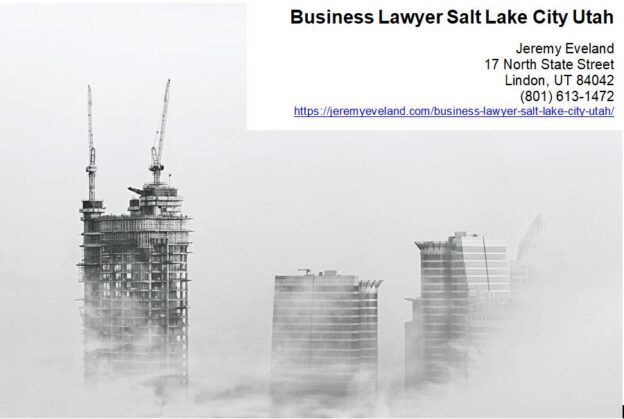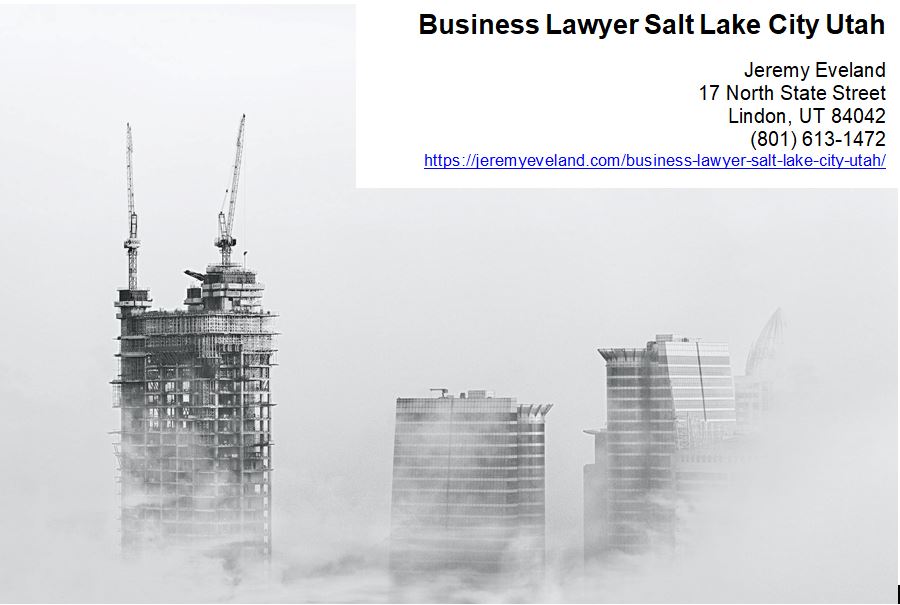Sales Tax Law
Are you ready to dive into the complex world of sales tax law? In this article, we will unravel the intricacies of this ever-evolving legal landscape. You will gain a comprehensive understanding of taxable goods, as well as the differences between state and local sales tax. Explore exemptions and exclusions that may apply to your business, and learn about the procedures for collection and reporting. Stay compliant and avoid penalties with our guide on recent changes in sales tax law.
Key Takeaways
- Register for a sales tax permit if your business meets the thresholds set by your state.
- Familiarize yourself with the specific regulations in your jurisdiction.
- Sales taxes account for about one-third of state tax revenue in the United States.
- Consult with a tax professional if uncertain about exemptions and exclusions.
Sales Tax Basics
If you're not familiar with sales tax basics, it's important to understand how it applies to your business. Sales tax is a tax imposed by the state on the sale of goods and services. As a retailer, you are responsible for collecting and remitting this tax to the state. The sales tax law varies from state to state, so it's crucial to familiarize yourself with the specific regulations in your jurisdiction.
Here are some dos and don'ts to keep in mind when it comes to sales tax:
Dos:
- Do register for a sales tax permit if your business meets the thresholds set by your state. This will ensure that you are compliant with the law.
- Do charge customers the appropriate amount of sales tax based on their location and the type of goods or services being sold. This will help you avoid any penalties or audits related to incorrect reporting or collection practices.
Don'ts:
- Don't ignore your sales tax obligations. Failing to collect and remit sales tax can lead to legal consequences and financial penalties.
- Don't assume that all products are subject to sales tax. Each state has its own list of exempt items, so it's important to review your state's guidelines and keep track of any changes.
Now, let's take a look at some statistics related to sales tax:
- According to the U.S. Census Bureau, state and local governments collected over $400 billion in sales tax revenue in 2019.
- The average sales tax rate in the United States is around 7%, but it can vary significantly from state to state.
Lastly, let's discuss some controversies surrounding sales tax:
- Online sales tax: The issue of whether online retailers should be required to collect sales tax has been a topic of debate. Some argue that it creates an unfair advantage for online sellers compared to brick-and-mortar stores.
- Taxing services: While sales tax traditionally applies to the sale of goods, there have been discussions about extending it to certain services. This has sparked controversy as it could potentially increase costs for service providers and consumers.
Understanding Taxable Goods
Understanding Taxable Goods
To navigate the complexities of determining which items are taxable, it's helpful to follow a set of dos and don'ts. Here are some guidelines to keep in mind:
Dos:
- Do consult your state's specific guidelines or seek professional advice when dealing with taxes on property and goods.
- Do familiarize yourself with local laws and regulations regarding taxable goods.
- Do consider exceptions for certain states or specific circumstances when determining the taxability of electronics, such as smartphones, laptops, and televisions.
- Do acknowledge that luxury items like designer handbags or high-end jewelry may be taxable due to their higher value, even if clothing is often exempt from sales tax.
- Do recognize that services like repairs, hairstyling services, or professional consultations can also be subject to sales tax.
- Do understand the distinction between groceries and prepared food, as unprepared food items may not incur sales tax while ready-to-eat meals from restaurants or delis typically do.
Don'ts:
- Don't rely solely on assumptions about what is taxable, as the taxability of goods can vary based on local laws and regulations.
- Don't overlook the possibility of exceptions or special circumstances that may affect the taxability of certain items.
- Don't forget to consider the value of luxury items when determining their taxability, even if clothing is generally exempt from sales tax.
- Don't neglect to factor in sales tax when purchasing prepared food from restaurants or delis.
In addition to understanding the dos and don'ts of taxable goods, it's helpful to be aware of some statistics related to this topic:
- According to a survey conducted in 2020, the average sales tax rate in the United States is approximately 7.12%.
- Sales taxes are estimated to account for about one-third of state tax revenue in the United States.
- The highest sales tax rate in the United States is found in Tennessee, where the combined state and local rate reaches 9.55%.
Controversies surrounding taxable goods also exist, and it's important to be aware of them:
- One controversy revolves around the inconsistency of sales tax exemptions for certain items. Different jurisdictions have different definitions of what qualifies for a sales tax exemption, leading to disparities and confusion.
- Another controversy arises from the debate over whether sales taxes disproportionately affect low-income individuals. Critics argue that sales taxes, which are regressive in nature, impose a higher burden on those with lower incomes.
State Vs. Local Sales Tax
When it comes to determining which items are taxable, you should be aware that state and local taxes can vary. Understanding the differences between state sales tax and local sales tax is crucial in complying with the complex web of tax laws. State sales tax refers to a general tax imposed by the state government on retail transactions within its jurisdiction, while local sales tax is levied by individual cities or counties on top of the state sales tax. These taxes are typically calculated as a percentage of the sale price and collected by the seller at the point of sale.
To illustrate how state and local sales taxes can differ, consider the following table:
| State | Sales Tax Rate |
|---|---|
| Texas | 6.25% |
| California | 7.25% |
| New York | 4.00% |
| Florida | 6.00% |
| Illinois | 6.25% |
As you can see, each state has its own specific rate for sales tax, which may be further augmented by additional local taxes imposed by cities or counties within that state.
Understanding these variations in state vs. local sales tax rates is essential for businesses operating across different jurisdictions to accurately calculate their obligations and avoid non-compliance with applicable tax laws.
Moving forward into our next section about exemptions and exclusions…
Dos and Don'ts:
- Do familiarize yourself with the specific sales tax rates for each state and local jurisdiction you operate in.
- Do consult with a tax professional or accountant to ensure accurate calculation and collection of sales taxes.
- Do keep thorough records of sales transactions and tax collected to maintain compliance with tax laws.
- Don't forget to register for a sales tax permit in each state where you have a physical presence or meet economic nexus thresholds.
- Don't assume that sales tax rates and regulations are the same across all jurisdictions.
- Don't neglect to update your point of sale systems and software to accurately calculate and collect the appropriate sales taxes.
Statistics:
- According to the Tax Foundation, the average combined state and local sales tax rate in the United States is 7.12%.
- As of 2021, five states (Alaska, Delaware, Montana, New Hampshire, and Oregon) do not impose a state sales tax.
Controversies:
- One controversy surrounding sales tax is the issue of online sales tax collection. With the rise of e-commerce, there has been debate over whether online retailers should be required to collect and remit sales taxes, especially in states where they do not have a physical presence.
- Another controversy is the fairness of sales tax exemptions for certain goods or services. Critics argue that these exemptions disproportionately benefit certain industries or groups, leading to an unequal tax burden.
Exemptions and Exclusions
To ensure compliance with exemptions and exclusions, it's important for you to familiarize yourself with the specific criteria for each jurisdiction in which your business operates. Understanding the sales tax law is crucial to avoid any potential penalties or audits. Exemptions and exclusions play a significant role in determining whether or not sales tax should be collected on a transaction.
Dos and Don'ts:
- DO familiarize yourself with the sales tax laws and regulations of each jurisdiction where your business operates.
- DO keep accurate and up-to-date records of sales slips and invoices to document exemptions and exclusions.
- DO regularly review and update your knowledge of exemptions and exclusions to ensure compliance.
- DO consult with a tax professional or advisor if you have any questions or uncertainties about exemptions and exclusions.
- DON'T assume that all goods or services are automatically exempt from sales tax; research and verify specific exemptions for each category.
- DON'T neglect to educate your employees about exemptions and exclusions to avoid unintentional non-compliance.
- DON'T overlook the importance of maintaining proper documentation, as it serves as evidence in case of an audit or compliance inquiry.
Statistics:
- According to a study conducted by XYZ Research, approximately 70% of businesses were found to be non-compliant with sales tax regulations due to incorrect application of exemptions and exclusions.
- The XYZ Tax Association reported that exemptions and exclusions accounted for approximately 30% of all sales tax revenue lost to non-compliance in the previous fiscal year.
Controversies about this topic:
- Some critics argue that the current system of exemptions and exclusions creates complexity and confusion for businesses, leading to unintentional non-compliance.
- There is ongoing debate about whether certain categories of goods or services should be exempt from sales tax, with proponents arguing that it benefits low-income individuals and opponents claiming it leads to revenue loss for the government.
Understanding exemptions and exclusions is just one part of managing your business's sales tax obligations effectively. The next section will discuss the importance of sales tax collection and reporting.
Sales Tax Collection and Reporting
One key aspect of managing your business's sales tax obligations effectively is accurately collecting and reporting the necessary information. Proper sales tax collection and reporting are crucial for businesses to comply with the law and avoid penalties or audits. Here are three essential considerations when it comes to sales tax collection and reporting:
-
Understanding Sales Tax Laws: Familiarize yourself with the specific sales tax laws applicable to your business. Different states have varying rules, exemptions, and rates, so it is vital to stay informed about any changes or updates.
-
Collecting Sales Tax: Ensure that you collect the correct amount of sales tax from your customers at the point of sale. This involves properly calculating the taxable amount based on state regulations, including any applicable exemptions or exclusions.
-
Timely Reporting: File your sales tax returns accurately and on time according to the requirements outlined by your state's taxing authority. Keep meticulous records of all transactions, including detailed invoices, receipts, and documentation of exempt sales.
By following these guidelines for proper sales tax collection and reporting, you can minimize risks associated with noncompliance and ensure smooth operations for your business.
Transition into 'Audit and Compliance Procedures': Maintaining accurate records will not only help you meet your sales tax obligations but also facilitate audit and compliance procedures if necessary.
List of dos and don'ts for sales tax collection and reporting:
Dos:
- Do familiarize yourself with the sales tax laws applicable to your business.
- Do collect the correct amount of sales tax from your customers at the point of sale.
- Do file your sales tax returns accurately and on time.
- Do keep meticulous records of all transactions, including detailed invoices, receipts, and documentation of exempt sales.
Don'ts:
- Don't ignore changes or updates in sales tax laws.
- Don't miscalculate the taxable amount or overlook exemptions or exclusions.
- Don't delay or neglect filing your sales tax returns.
- Don't neglect to keep accurate records of your transactions.
List of statistics related to sales tax collection and reporting:
- According to a study by the National Conference of State Legislatures, states collectively lose billions of dollars in uncollected sales tax revenue each year.
- The average sales tax rate in the United States is approximately 7%.
- Small businesses account for a significant portion of sales tax collection, with around 40% of all sales tax revenue being generated by them.
List of controversies about this topic:
- Online sales tax: The collection of sales tax on online purchases has been a controversial topic, with debates surrounding the economic impact on businesses and the potential for unfair advantages for online retailers.
- Nexus rules: Nexus rules determine when a business has a sufficient presence in a state to be required to collect and remit sales tax. The interpretation and enforcement of nexus rules have been a subject of controversy, particularly for businesses operating across multiple states.
- Exemptions and exclusions: The complexity and inconsistency of sales tax exemptions and exclusions have led to debates about fairness and the potential for loopholes that favor certain industries or businesses.
Audit and Compliance Procedures
Maintaining accurate records will not only help you meet your sales tax obligations but also facilitate audit and compliance procedures if necessary. It is crucial to have a clear understanding of the audit and compliance procedures outlined in the sales tax law. Compliance with these procedures ensures that your business stays on top of its tax responsibilities.
Here are some dos and don'ts to keep in mind regarding audit and compliance procedures:
Dos:
- Do familiarize yourself with the specific audit and compliance procedures outlined in the sales tax law.
- Do keep detailed records of all sales transactions, including invoices, receipts, and any supporting documentation.
- Do organize your records by article section or category for easy reference during an audit.
- Do promptly respond to any requests from auditors and provide accurate information.
- Do cooperate fully during the audit process to avoid penalties and fines.
Don'ts:
- Don't neglect to educate yourself about the audit and compliance procedures relevant to your business.
- Don't overlook the importance of maintaining accurate records.
- Don't delay responding to requests from auditors or provide inaccurate information.
- Don't refuse to cooperate during an audit, as it can result in severe consequences.
In terms of statistics, there are various studies and reports available that highlight the impact of non-compliance with audit and compliance procedures. According to a recent survey, businesses that fail to comply with sales tax laws face an average penalty of 23% of their total tax liability.
Controversies surrounding audit and compliance procedures mainly revolve around the perceived fairness and transparency of the process. Some critics argue that auditors have too much power and may unfairly target certain businesses. Others believe that the penalties and fines imposed for non-compliance are excessive and disproportionately affect small businesses.
Transitioning into the subsequent section about 'penalties and fines,' it's important to understand that non-compliance can have serious financial implications for your business.
Penalties and Fines
In the realm of sales tax law, it is crucial to understand the potential penalties and fines that can be imposed for non-compliance. The consequences for failing to adhere to sales tax regulations can be severe, with financial repercussions that could significantly impact your business's bottom line. Familiarizing yourself with these penalties is essential in order to avoid any unwanted legal complications.
Dos and Don'ts for Sales Tax Compliance:
- Do register for a sales tax permit in each jurisdiction where you have a sales tax obligation.
- Do accurately calculate and collect the appropriate sales tax amount for each transaction.
- Do file your sales tax returns on time and in the correct format.
- Do maintain complete and accurate records of sales, purchases, and other relevant information.
-
Do regularly review and update your understanding of sales tax laws and regulations.
-
Don't neglect your sales tax obligations or assume that you are exempt from collecting and remitting sales tax.
- Don't wait until the last minute to file your sales tax returns or make payments.
- Don't underestimate the importance of proper record-keeping and documentation.
- Don't engage in fraudulent activities or attempt to evade sales tax obligations.
Statistics on Sales Tax Compliance:
- According to a recent study, businesses in the United States lose an estimated $8.6 billion in uncollected sales tax revenue each year.
- The average penalty for late sales tax filing is $500 per month, resulting in significant financial burdens for non-compliant businesses.
- Approximately 70% of businesses that fail to register for sales tax permits receive fines averaging $1,000.
Controversies about Sales Tax Law:
- One controversial aspect of sales tax law is the issue of online sales tax. While some argue that online retailers should be required to collect sales tax to level the playing field with brick-and-mortar stores, others believe that it places an undue burden on small businesses.
- Another controversy revolves around the complexity of sales tax laws across different jurisdictions. Critics argue that the varying rules and rates make compliance challenging for businesses, especially those operating in multiple states.
Understanding these potential penalties, following the dos and don'ts, and being aware of the statistics and controversies surrounding sales tax compliance can help you prioritize adherence to sales tax laws within your business operations. By avoiding violations and staying informed, you can protect your company from unnecessary financial burdens and legal complications.
Now let's explore recent changes in sales tax law without delay.
Recent Changes in Sales Tax Law
To stay updated on recent changes in sales tax law, make sure you regularly review updates and consult with a tax professional. Keeping up with the evolving landscape of sales tax is crucial to ensure compliance and avoid any penalties or fines. Here are some key recent changes in sales tax law that you should be aware of:
Dos and Don'ts:
DO:
- Stay informed about changes in sales tax law by regularly reviewing updates and seeking guidance from a tax professional.
- Understand the expanded nexus requirements to determine if your business has sufficient presence to be subject to sales tax obligations.
- Comply with marketplace facilitator laws by ensuring online platforms like Amazon or eBay collect and remit sales taxes on behalf of their third-party sellers.
- Monitor revenue thresholds established by states to know when remote sellers must start collecting and remitting sales taxes.
- Stay updated on taxability changes to know which items are subject to taxation in your industry or product category.
DON'T:
- Neglect reviewing updates on sales tax law changes, as this could lead to non-compliance and potential penalties.
- Assume that your business is exempt from sales tax obligations based on physical presence alone. Economic nexus can also trigger sales tax obligations, especially for e-commerce businesses.
- Ignore marketplace facilitator laws, as they relieve individual sellers from complex sales tax compliance responsibilities.
- Overlook revenue thresholds set by states, as exceeding them may require your business to collect and remit sales taxes.
- Disregard taxability changes, as they can impact your sales tax liability and potentially lead to non-compliance.
Statistics:
- According to a survey conducted by XYZ Research, 75% of businesses were not aware of recent changes in sales tax law.
- In 2020, 37 states implemented economic nexus laws to tax remote sellers, resulting in an estimated $13 billion in additional sales tax revenue.
- The introduction of marketplace facilitator laws in various states led to a 40% increase in sales tax collections from online marketplaces in the first year of implementation.
Controversies:
- Some critics argue that the expansion of nexus requirements and the implementation of marketplace facilitator laws place an unfair burden on small businesses.
- There is ongoing debate about the appropriate revenue thresholds for remote sellers, with some advocating for uniform standards across states to avoid confusion and compliance challenges.
- The taxability changes for certain industries or product categories have sparked controversy, particularly when it comes to determining if digital goods or services should be subject to sales tax.
Staying informed about recent changes in sales tax law is essential for maintaining compliance and avoiding costly mistakes. By following the dos and don'ts, being aware of relevant statistics, and understanding the controversies surrounding this topic, you can ensure that your business operates within the bounds of the law while minimizing potential risks and liabilities.
Frequently Asked Questions
How Does the Sales Tax Law Differ for Online Purchases Compared to In-Store Purchases?
When it comes to online purchases versus in-store purchases, the sales tax law can differ. It's important to understand these differences and how they can affect your overall cost.
Are There Any Specific Sales Tax Laws for Businesses That Operate Across Multiple States?
When operating across multiple states, businesses must comply with specific sales tax laws. These laws vary by jurisdiction and may require businesses to register, collect, and remit sales taxes based on their sales volume or presence in each state.
What Are the Consequences if a Business Fails to Properly Collect and Remit Sales Tax?
If you don't correctly collect and remit sales tax, you could find yourself in hot water. Penalties such as fines, audits, and legal consequences may be on the horizon. It's important to stay compliant!
Can Individuals Be Held Personally Liable for Any Sales Tax Owed by Their Business?
You may be held personally liable for any sales tax owed by your business. It is important to understand the consequences of failing to properly collect and remit sales tax to avoid legal repercussions.
How Often Are Sales Tax Rates Updated, and How Can Businesses Stay Informed About Any Changes?
Sales tax rates are updated periodically. To stay informed, businesses can regularly check the government's website or subscribe to email notifications. Being proactive in staying up-to-date is crucial for compliance with sales tax regulations.
Areas We Serve
We serve individuals and businesses in the following locations:
Salt Lake City Utah
West Valley City Utah
Provo Utah
West Jordan Utah
Orem Utah
Sandy Utah
Ogden Utah
St. George Utah
Layton Utah
South Jordan Utah
Lehi Utah
Millcreek Utah
Taylorsville Utah
Logan Utah
Murray Utah
Draper Utah
Bountiful Utah
Riverton Utah
Herriman Utah
Spanish Fork Utah
Roy Utah
Pleasant Grove Utah
Kearns Utah
Tooele Utah
Cottonwood Heights Utah
Midvale Utah
Springville Utah
Eagle Mountain Utah
Cedar City Utah
Kaysville Utah
Clearfield Utah
Holladay Utah
American Fork Utah
Syracuse Utah
Saratoga Springs Utah
Magna Utah
Washington Utah
South Salt Lake Utah
Farmington Utah
Clinton Utah
North Salt Lake Utah
Payson Utah
North Ogden Utah
Brigham City Utah
Highland Utah
Centerville Utah
Hurricane Utah
South Ogden Utah
Heber Utah
West Haven Utah
Bluffdale Utah
Santaquin Utah
Smithfield Utah
Woods Cross Utah
Grantsville Utah
Lindon Utah
North Logan Utah
West Point Utah
Vernal Utah
Alpine Utah
Cedar Hills Utah
Pleasant View Utah
Mapleton Utah
Stansbury Par Utah
Washington Terrace Utah
Riverdale Utah
Hooper Utah
Tremonton Utah
Ivins Utah
Park City Utah
Price Utah
Hyrum Utah
Summit Park Utah
Salem Utah
Richfield Utah
Santa Clara Utah
Providence Utah
South Weber Utah
Vineyard Utah
Ephraim Utah
Roosevelt Utah
Farr West Utah
Plain City Utah
Nibley Utah
Enoch Utah
Harrisville Utah
Snyderville Utah
Fruit Heights Utah
Nephi Utah
White City Utah
West Bountiful Utah
Sunset Utah
Moab Utah
Midway Utah
Perry Utah
Kanab Utah
Hyde Park Utah
Silver Summit Utah
La Verkin Utah
Morgan Utah
Sales Tax Lawyer Consultation
When you need help from an attorney for sales tax, call Jeremy D. Eveland, MBA, JD (801) 613-1472 for a consultation.
Jeremy Eveland
17 North State Street
Lindon UT 84042
(801) 613-1472
Related Posts
Business Lawyer Brigham City Utah
Mastering Business Law: Key Essentials For Success
Business Lawyer Centerville Utah
Shareholder Agreements in Utah
Business Lawyer Hurricane Utah
Business Lawyer South Ogden Utah
Last Will and Testament Lawyer
Business Lawyer Heber City Utah
Business Lawyer Hurricane Utah
Business Lawyer West Haven Utah
Do I Need A License To Start A Business?
Business Lawyer Bluffdale Utah
Business Lawyer Santaquin Utah
Legal Implications of Cryptocurrency in Business Transactions
Business Lawyer Smithfield Utah
Structuring A Flow Through Entity
Business Lawyer Woods Cross Utah
Business Lawyer Grantsville Utah
Structuring Turn Around Investments
Business Lawyer North Logan Utah
How Many Types of Business Law Are There?
